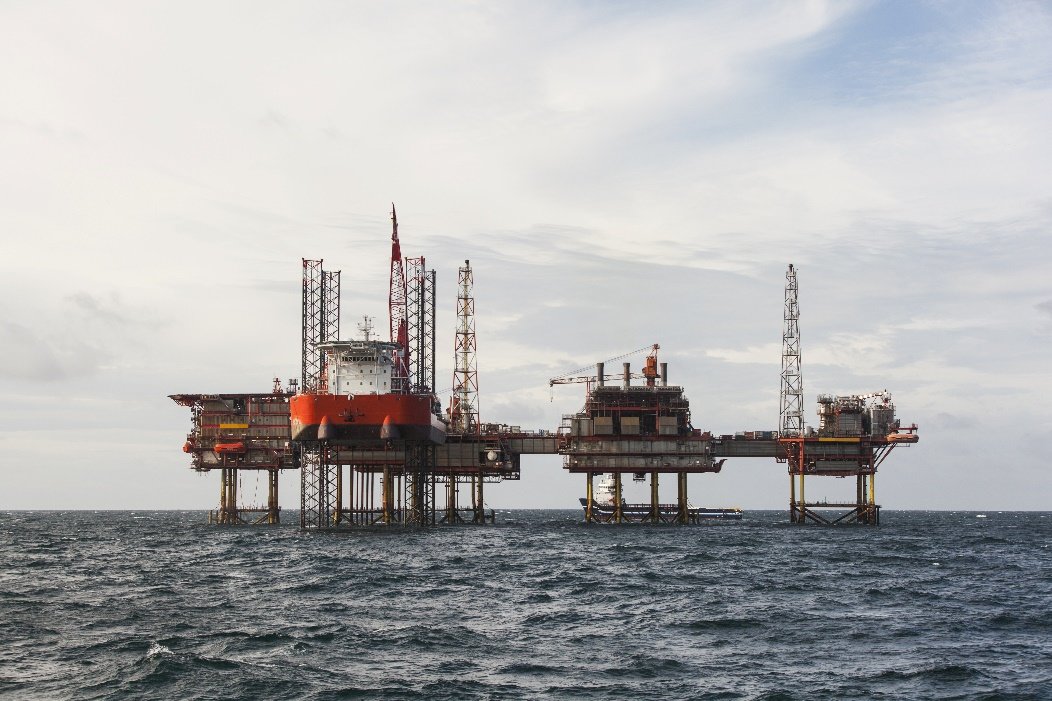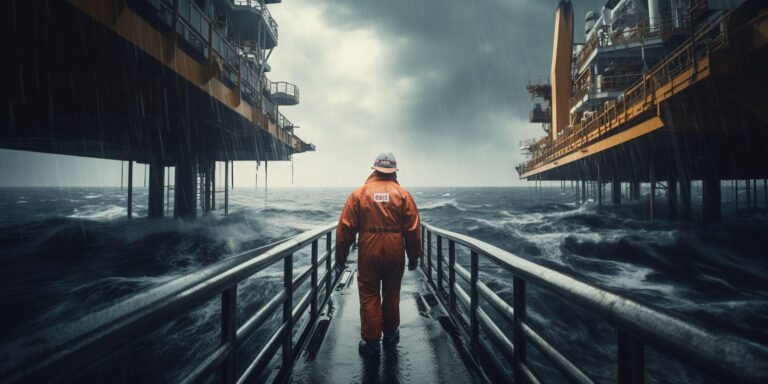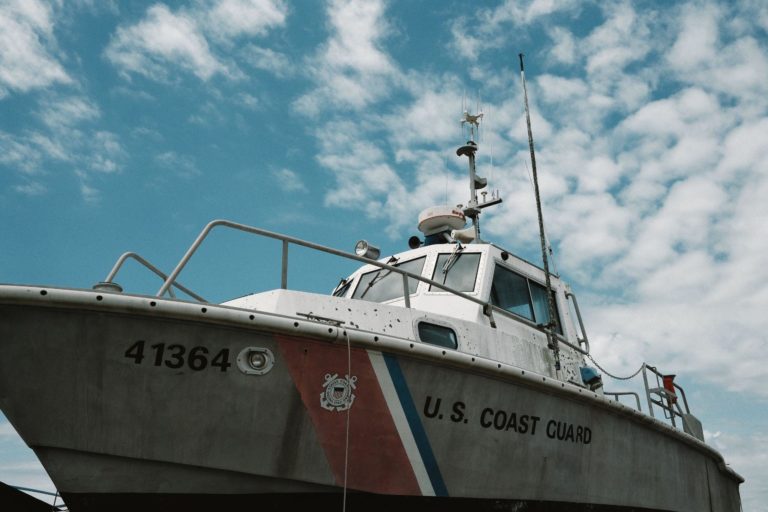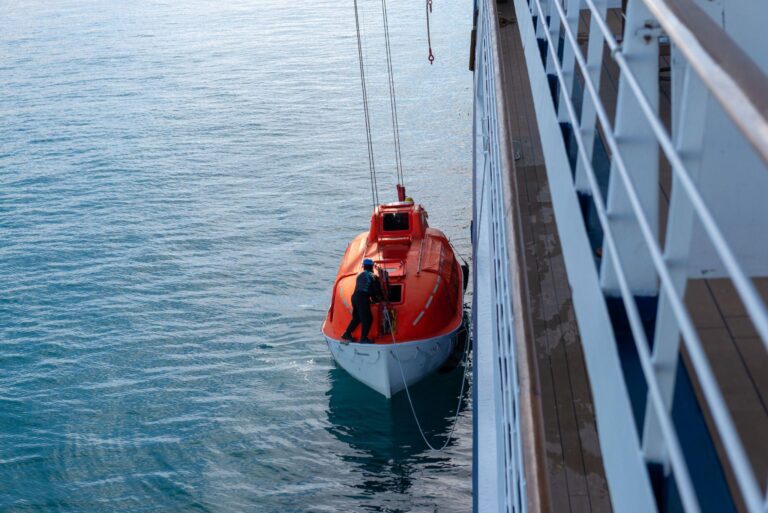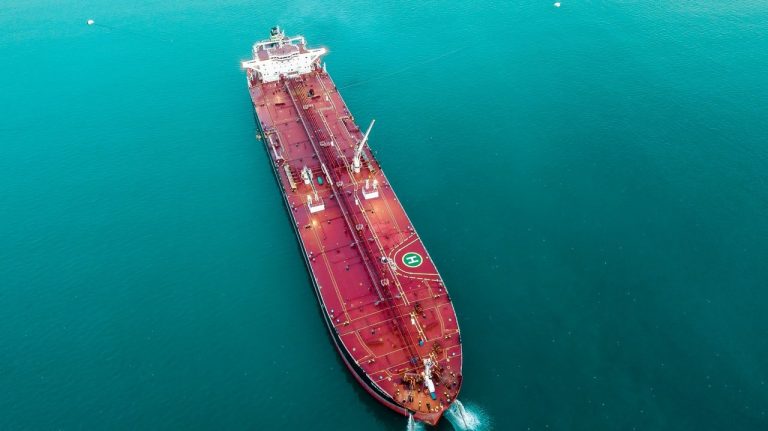The importance of oil rigs, oil production and oil prices in 2017 can’t be overstated. Oil has a profound effect on the world economy and the American economy. It also affects the lives of people all over the world. Spikes in oil production can spur jobs and convert economies of developing nations into first world economies. On the other hand, production from oil rigs can harm the environment. An overlooked issue, perhaps, is that oil rigs can also be dangerous.
Offshore accidents, of course, are in the news from time to time. The 2010 Gulf of Mexico oil spill demonstrated that. To refresh your memory, BP’s Deepwater Horizon oil drilling rig exploded, with catastrophic results. Almost five million barrels of oil were spilled into the Gulf of Mexico. Eleven people on the oil drilling crew died. Many others were injured and needed the help of a personal injury attorney or an offshore injury attorney to repair their lives. In addition, the spill destroyed many marine and wildlife habitats and damaged the area’s water, air and beaches.
The possibility of accidents is one reason that people should be talking about oil rigs. Here are six others:
1. The American Economy:
Oil production in the United States has doubled in recent years. When oil production doubles, the number of oil rigs also approximately doubles. A chart in the article “US Oil Rig Count Surges to Highest Since First Week of January” shows an incredible correlation between oil rigs and oil production. When the number of rigs in the U.S. increases, gas prices at U.S. pumps fall. This is great news for Americans who now have more money to spend on other goods and services. This also helps American companies producing those goods and services.
2. The World Economy:
Good news for Americans might be bad news for other nations. The Huffington Post article “Why Oil Stocks Will Be the Best Investment in 2016” reports that excess oil production has harmed the economies of other oil-producing nations. Companies in Algeria, Canada, Iraq, Nigeria, Russia and Saudi Arabia have had to cut their prices because demand is so high. Consequently, their profits have dropped. This has spurred the closure of 65 percent of foreign nations’ oil rigs.
3. The Trump Administration:
Increasing the number of jobs in the United States was a key platform in the presidential campaign of Donald Trump. Although many economics experts dispute that building oil pipelines will produce a lot of jobs, President Trump has reversed Obama Administration decisions on two pipelines: The drilling rigs at the Keystone XL and Dakota Access pipelines — the kinds of rigs needed for on-land oil drilling — are now active.
4. The Environment:
Oil rigs are also an ongoing issue because many people believe that oil production harms the environment. Fear about oil’s impact on the environment was a factor in the Obama Administration’s decisions on the Keystone XL and Dakota Access pipelines. Environmentalists were also enraged that the Obama Administration approved opening up areas adjacent to the Atlantic Ocean for offshore oil drilling. The oil platforms — the kinds of rigs needed for offshore oil drilling — have had problems in the past with safety. The BP case was an example of that.
5. Salaries:
Working on an oil rig can be very lucrative. An engineer with no experience — a trainee — can earn $60,000 per year plus an additional $90 per day working on an oil rig. That is what Vice Magazine reports in the article “What It’s Like Working on an Offshore Oil Rig as a Woman.” People who are promoted get raises of $7,500 per year. In addition, directional driller salaries are “ridiculous,” the article reports. What’s “ridiculous”? How about $220,000 per year? In an era of dramatic income inequality — when salaries in numerous professions are way down — people should be talking about the salaries of oil rig workers.
6. Working Conditions:
Why can’t all news about jobs be good news? That’s not the real world. While salaries are good — often great — on an oil rig, working conditions are often difficult. The bad news is that workers can be told to work for more than 24 consecutive hours, according to the Vice article. That’s a formula for accidents. In addition, many people work night shifts. Others work every day for a month. Working like a dog also crimps workers’ personal lives. The bottom line is that turnover at rigs is very high. “They just work you until you’re broken and then you’re done,” said one worker.
Working on an oil rig is one of the most dangerous occupations in the United States. The risks are numerous. Explosions. Falling. Dangerous machinery. Dangerous chemicals. Isolation. Fatigue. Schechter, Shaffer & Harris, L.L.P is so concerned about the dangers that it has established the Maintenance and Cure team at its law firm to help people who have suffered because of the risks of oil rig work.
The law firm has local maritime lawyers and offshore lawyers who are experts in maritime law. Our attorneys understand the Jones Act and many other laws that oil companies often violate. Our expertise in maritime law has helped more than a number of oil rig workers. Many workers have won more than $1 million in court cases and settlements.
If you are an oil rig worker who is concerned with conditions at your workplace and/or has been injured because of bad workplace conditions, please phone Schechter, Shaffer & Harris, L.L.P at 1-800-836-5830. Calling us could be the best investment you ever made.

